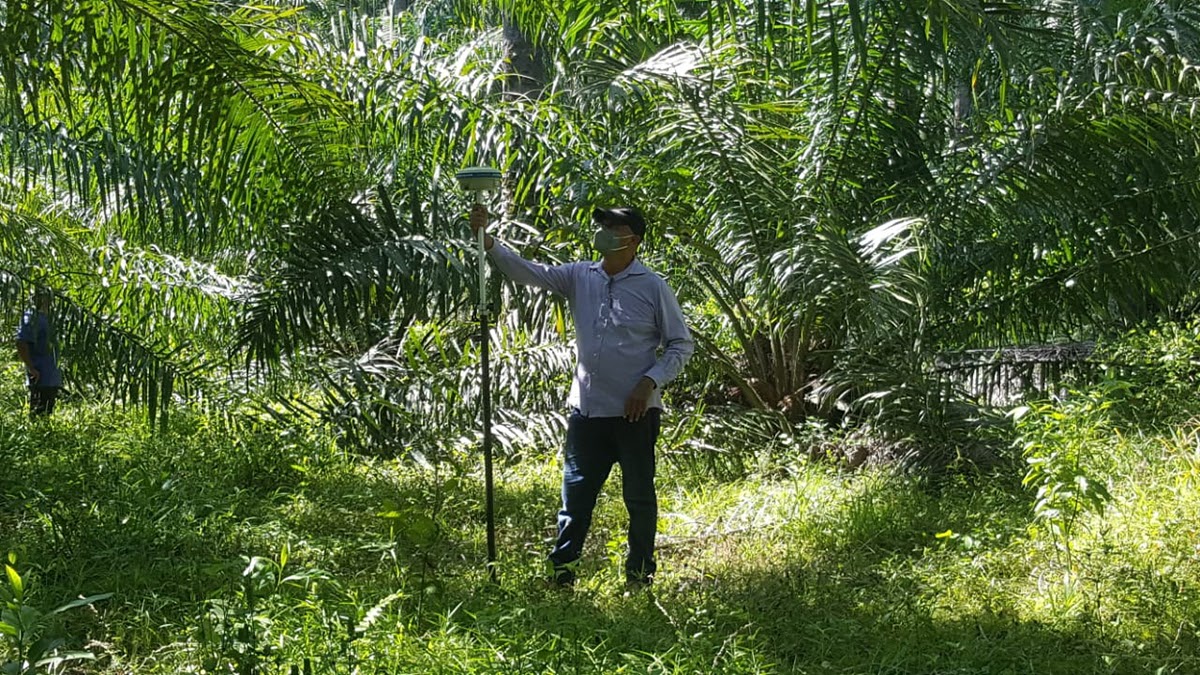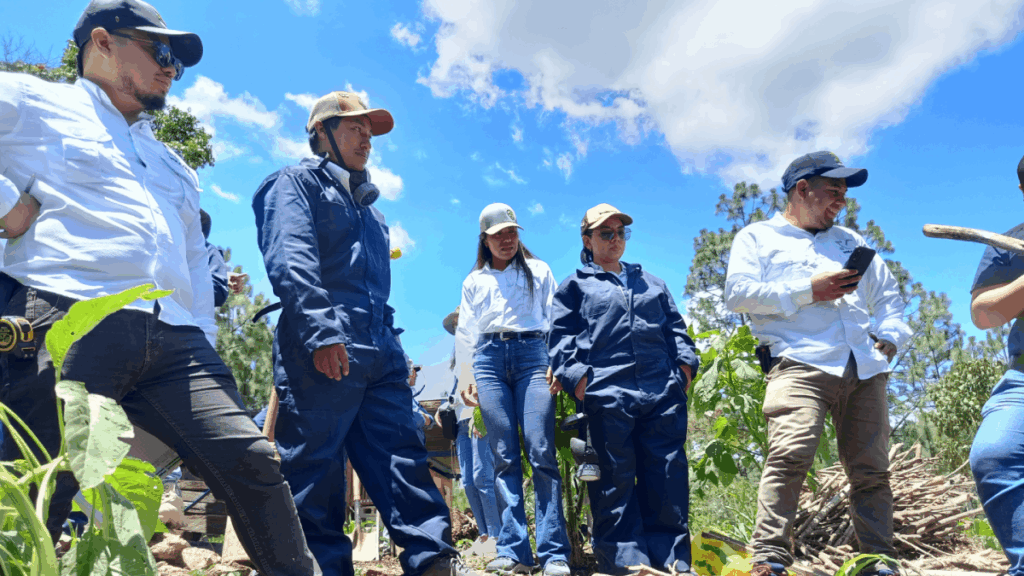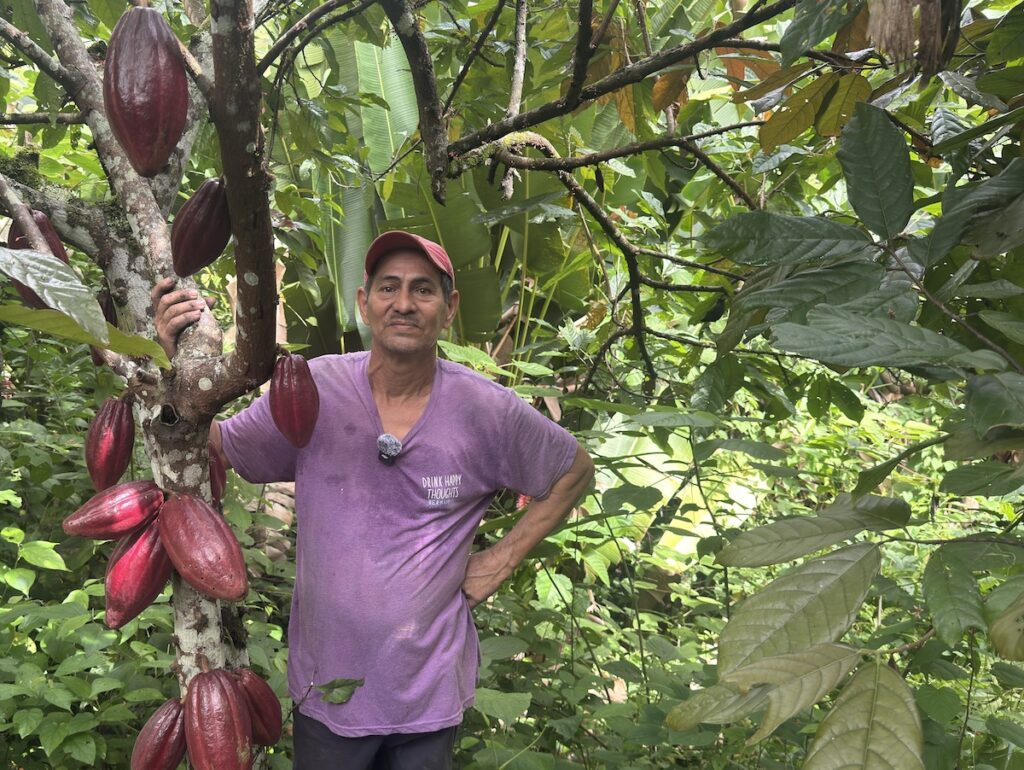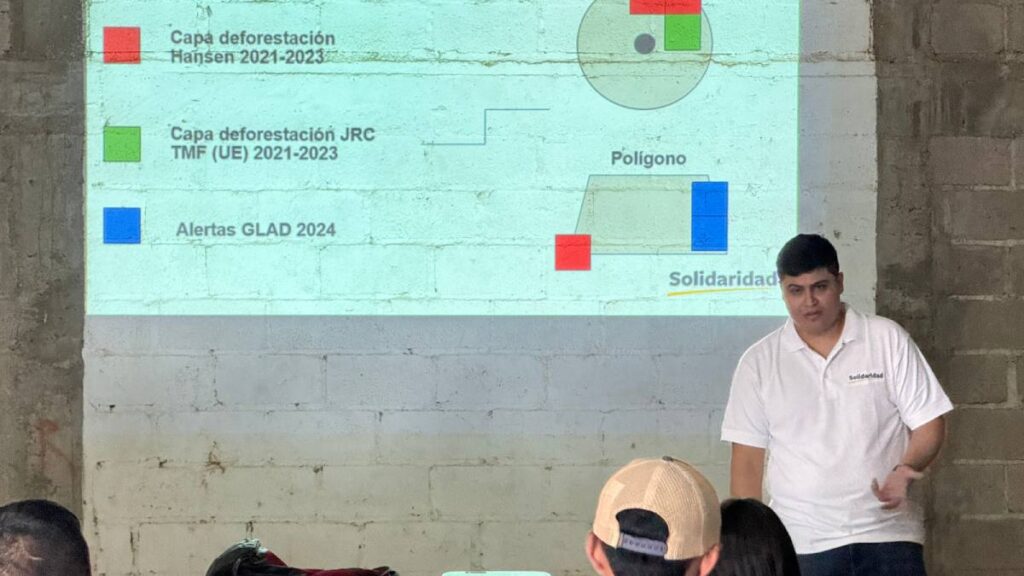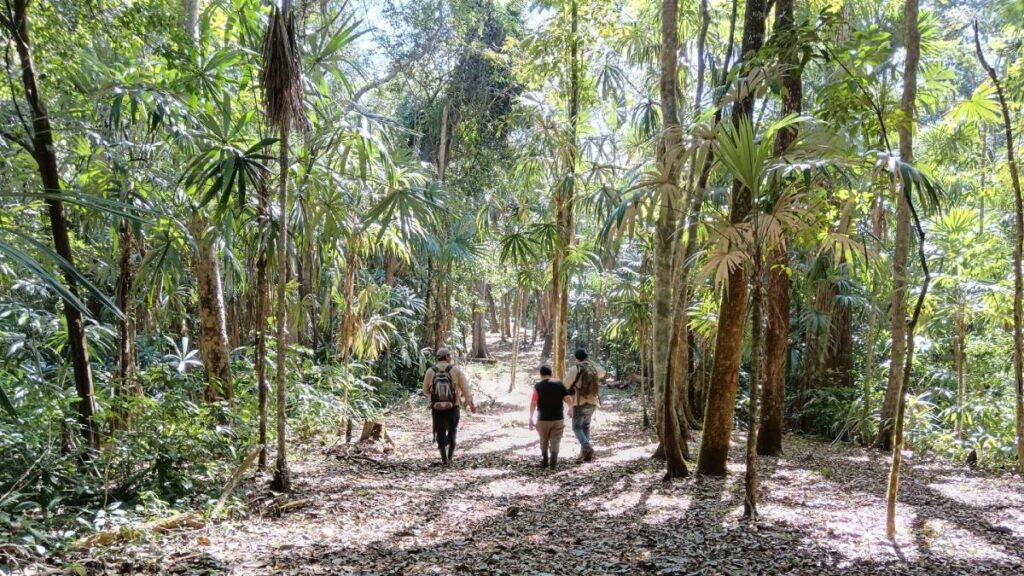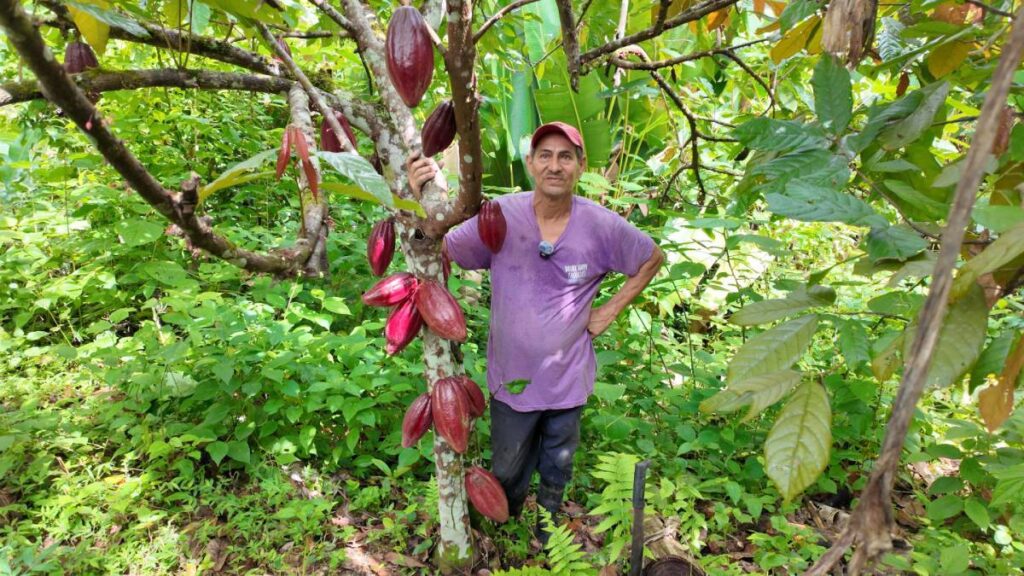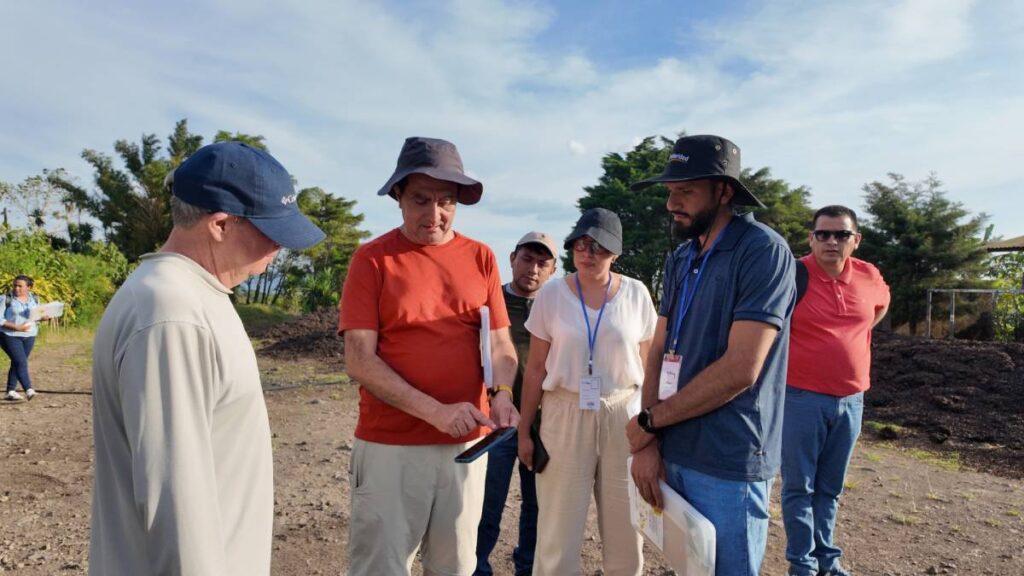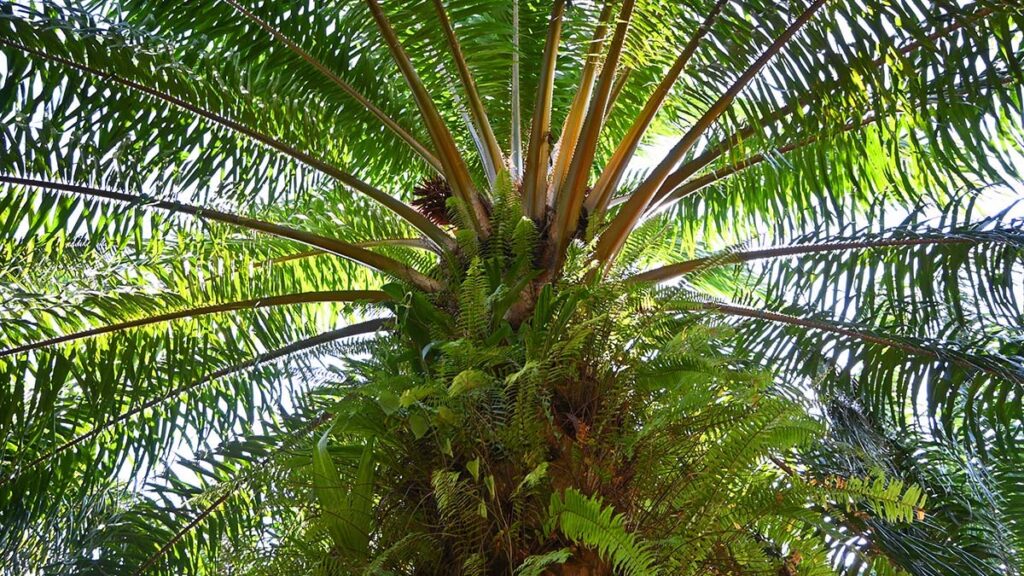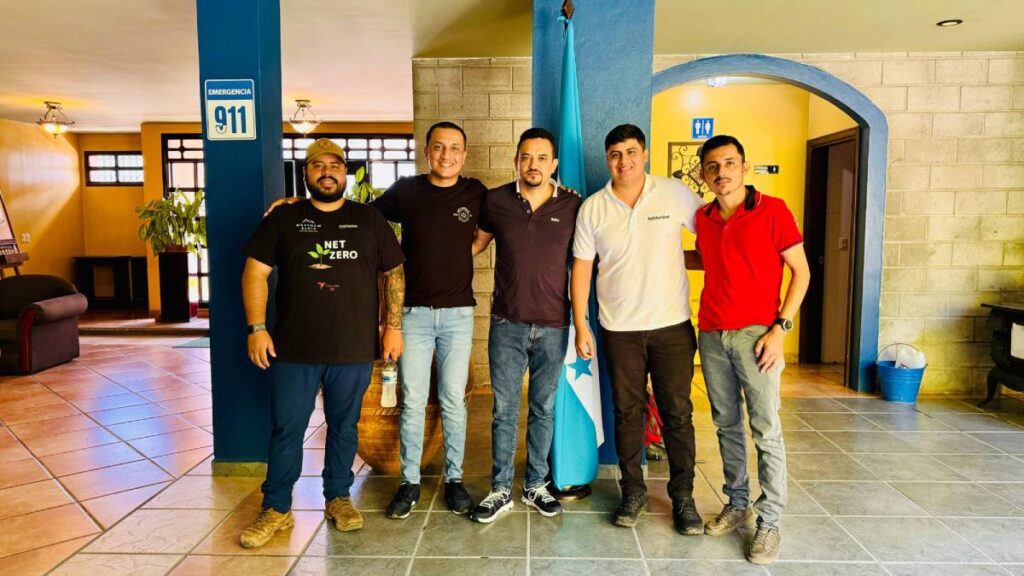Land titling in Honduras brings important benefits
Land titles can serve as important gateways to other opportunities. For instance, after validating their property, smallholders could use this title as collateral to apply for a loan. In addition, legalizing land means they will be better positioned for certification, as they would meet basic requirements of RSPO or other standards. A certification means having access to higher income for complying with good practices.
Land titling in Honduras extends socio economic benefits to smallholder producers. For example, it allows the smallholder to segment the property in the event that he or she wishes to give smaller plots to relatives. On the other hand, this process brings smallholders confidence when considering investments to improve their farm.
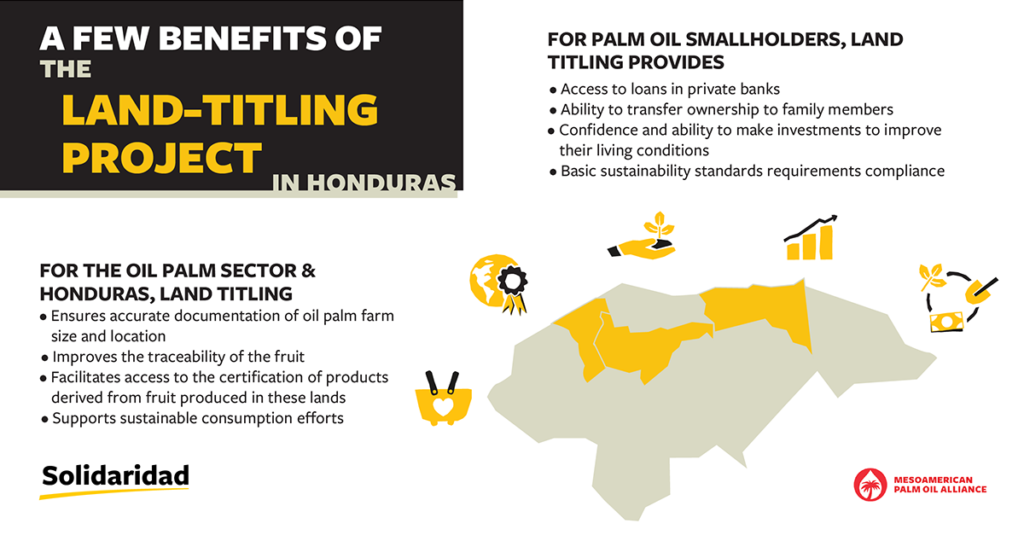
For the sector, land titling allows the size and location of oil palm plantations to be documented to allow better traceability of the fruit, which implies greater transparency in the value chain and therefore more opportunities to promote responsible production and sustainable consumption.
Solidaridad has collaborated with the National Agrarian Institute (INA) to generate the Land Titling Protocol based on the activities of this pilot. The protocol will allow other actors at the national level to know the stages involved in legalizing their properties.
Land titling for oil palm smallholders
The project is financed by the Roundtable on Sustainable Palm Oil (RSPO). In Honduras, the project aims to strengthen the capacities of oil palm smallholders so that through the titling of their lands they can be eligible and access RSPO certification.
The pilot project began in 2018 with georeferencing and plotting initiatives within more than 2,400 hectares of farms owned by smallholder producers. Solidaridad identified and contacted smallholders thanks to the project’s ten partner companies. These partners facilitated communication with their fruit suppliers in the various communities located in the North Atlantic Coastal Zone in Honduras.
Solidaridad works closely with the INA to promote this pilot project. Stemming from the initial georeferencing efforts, the INA carried out an analysis through its platform to verify the legal status of each property. Due to this prequalification by the INA, it was possible to identify the plots that could technically enter the titling process.
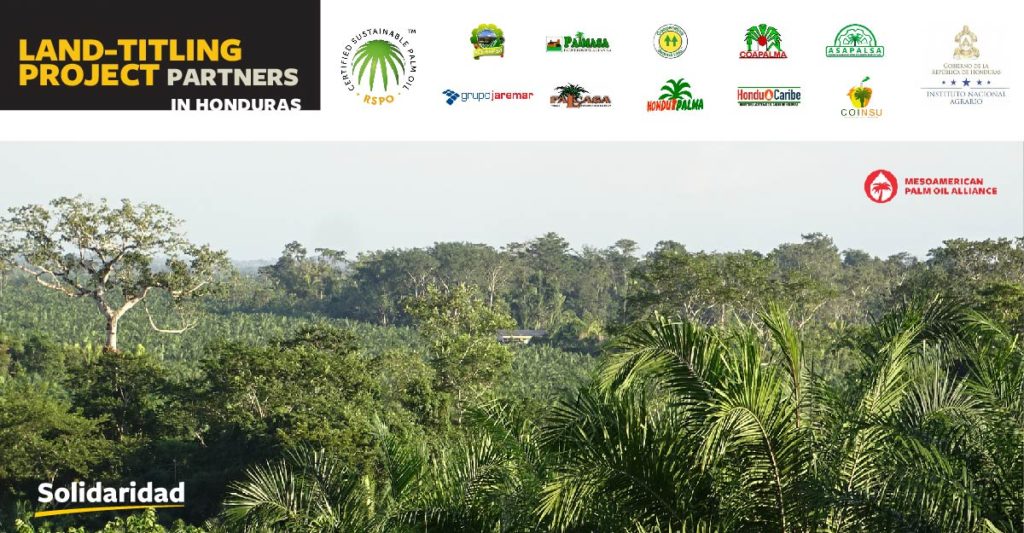
Based on this prequalification, Solidaridad coordinated with the companies and the INA to convene and train smallholders to understand the benefits of the land titling process and to request the information and documentation necessary to promote the process. Currently, field work is being carried out to verify that the prequalified properties will be able to continue with the process.
Other initiatives to transform the palm oil value chain
Solidaridad aims to address systemic barriers and create an economy of scale that can enable and facilitate conditions within the region’s production chains, so that smallholder producers can access genuine and inclusive sustainability.
Given the multiple benefits available to smallholders and the palm sector in general, Solidaridad is interested in scaling the land titling pilot in Honduras to cover the more than 16,000 small producers who grow oil palm in the country.
The RECLAIM Sustainability! programme and the land-titling project in Honduras are part of an important sustainable landscape approach that integrates multiple actors, building capacity and fostering participation to guarantee environmentally and socially responsible value chains.
The Mesoamerican Alliance for Sustainable Palm Oil (MAPA) is an excellent means to scale the titling project. MAPA is a regional multi-stakeholder platform that brings together stakeholders throughout the palm oil supply chain, from smallholder producers to managers and owners of large-scale plantations. This platform creates a space for peaceful dialogue so that all stakeholders in the oil palm sector come together to reach agreements and create action plans, as it did with the RSPO’s National Interpretation of the P&C.
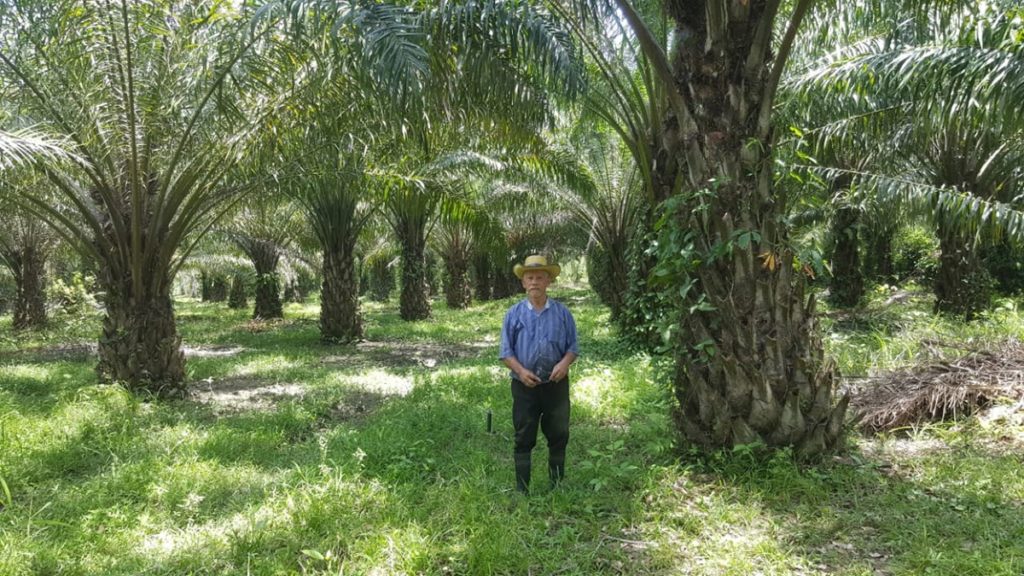
For more information
Would you like to join us to promote the palm sector in Honduras? If you have questions about our work through MAPA, the land-titling project in Honduras, or RSPO in Central America, please contact Flavio Linares

